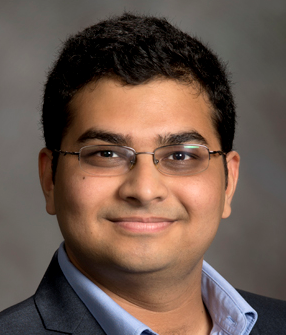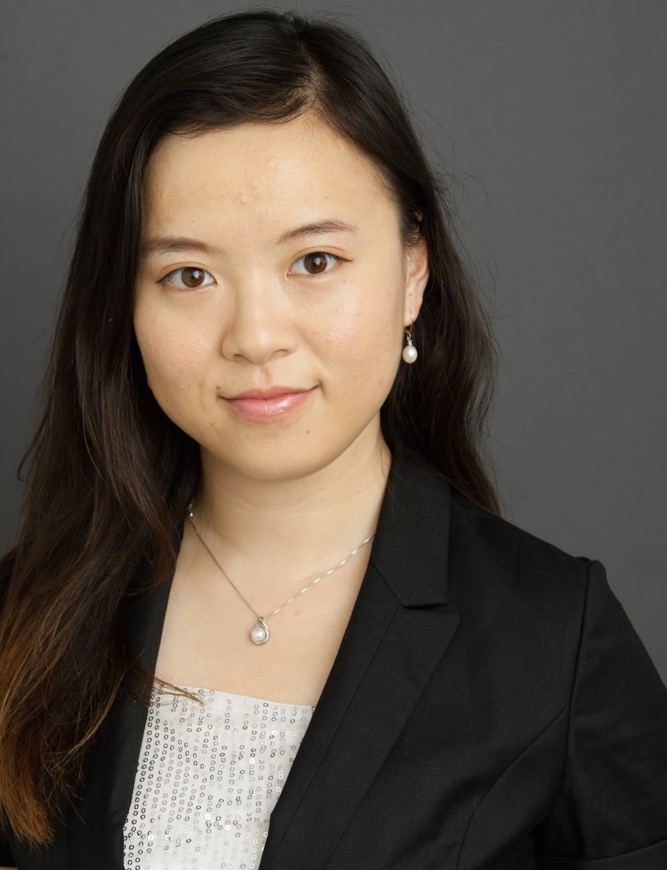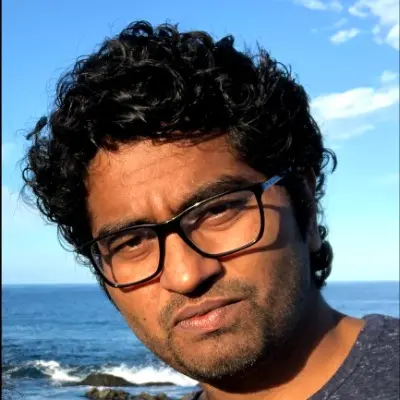
2nd KDD Workshop on Uncertainty Reasoning and Quantification in Decision Making
August 7th, 2023, Long Beach, CA
August 7th, 2023, Long Beach, CA
| Home | Call For Papers | Organization | KeyNote | Accepted Papers | Schedule |

|
B. Aditya Prakash, Georgia Tech Short bio: Dr. B. Aditya Prakash is an Associate Professor in the College of Computing at the Georgia Institute of Technology (“Georgia Tech”). He received a Ph.D. from the Computer Science Department at Carnegie Mellon University in 2012, and a B.Tech (in CS) from the Indian Institute of Technology (IIT) -- Bombay in 2007. He has published one book, more than 80 papers in major venues, holds two U.S. patents and has given several tutorials at leading conferences. His work has also received multiple best-paper/best-of-conference selections and travel awards. His research interests include Data Science, Machine Learning and AI, with emphasis on big-data problems in large real-world networks and time-series, with applications to epidemiology, health, urban computing, security and the Web. His work has been supported by the National Science Foundation (NSF), the Centers for Disease Control (CDC), the Department of Energy (DoE), the National Security Agency (NSA), the National Endowment for Humanities (NEH) and various companies. Tools developed by his group have been in use in many places including ORNL, the CDC, Walmart and Facebook. He received a Facebook Faculty Award in 2015, was named as one of ‘AI Ten to Watch’ 2017 by IEEE, and received the NSF CAREER award in 2018. His work has also been highlighted by many media outlets and popular press. He was previously on the faculty of Computer Science at Virginia Tech. He is a member of the infectious diseases modeling MIDAS network and core-faculty at the Center for Machine Learning (ML@GT) and the Institute for Data Engineering and Science (IDEaS) at Georgia Tech. Aditya’s Twitter handle is @badityap. |

|
Satoshi Morinaga, NEC Corporation Short bio: Dr. Satoshi Morinaga obtained the B.E., M.E., and Ph.D. degrees from the University of Tokyo in 1992, 1994 and 1999, respectively. He joined NEC Corporation in 1994, and was seconded to the Financial Supervisory Agency (FSA) from 2000 to 2008 as a deputy director and a special researcher. Currently, he is an Executive Research Fellow of Data Science Research Laboratories in NEC Corporation, Deputy Director of NEC-AIST AI Cooperative Research Laboratory in AIST, and Deputy Director of RIKEN AIP-NEC Collaboration Center in RIKEN. In IEICE, he is/was a member of the editorial board of journals, and a member of the technical committee on Information-Based Induction Sciences and Machine Learning. Currently, he is mainly engaged in research and social implementation of mathematical modeling, machine learning, and automated negotiation. He is the author of "The Challenge of Advanced Operational Risk Management" published by Kinzai Institute for Financial Affairs. |

|
Rose Yu, UC San Diego Short bio: Dr. Rose Yu is an Assistant Professor at the UC San Diego, Department of Computer Science and Engineering. She earned her Ph.D. in Computer Sciences at the University of Southern California in 2017. She was subsequently a Postdoctoral Fellow at the California Institute of Technology. She was an assistant professor at Northeastern University prior to her appointment at UC San Diego. Her research focuses on advancing machine learning techniques for large-scale spatiotemporal data analysis, with applications to sustainability, health, and physical sciences. A particular emphasis of her research is on physics-guided AI which aims to integrate first-principles with data-driven models. Among her awards, she has won Google Faculty Research Award, Adobe Data Science Research Award, NSF CRII Award, Best Dissertation Award in USC, and was nominated as one of the ’MIT Rising Stars in EECS’. |

|
Prasanna Sattigeri, MIT-IBM Watson AI Lab Short bio: Prasanna Sattigeri is a Principal Research Scientist at IBM Research. His main research goal is building reliable AI solutions. His research interests span several areas in machine learning and artificial intelligence; this includes Bayesian inference, deep generative modeling, uncertainty quantification and learning with limited data. His current work focuses on developing theory and practical systems for machine learning applications that demand constraints such as reliability, fairness, and interpretability. He is a core contributor to several open-source trustworthy AI toolkits - AI Fairness 360, AI Explainability 360, and Uncertainty Quantification 360. |